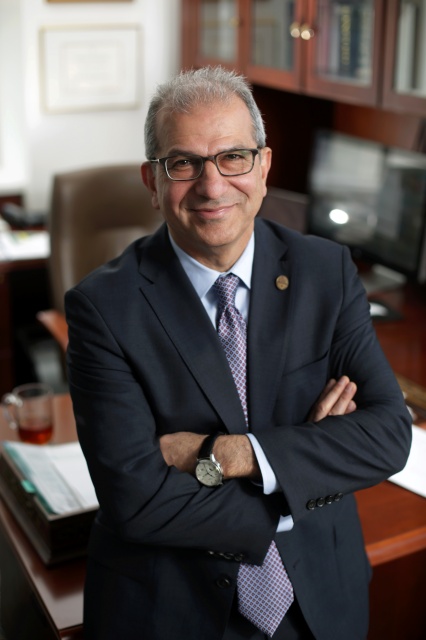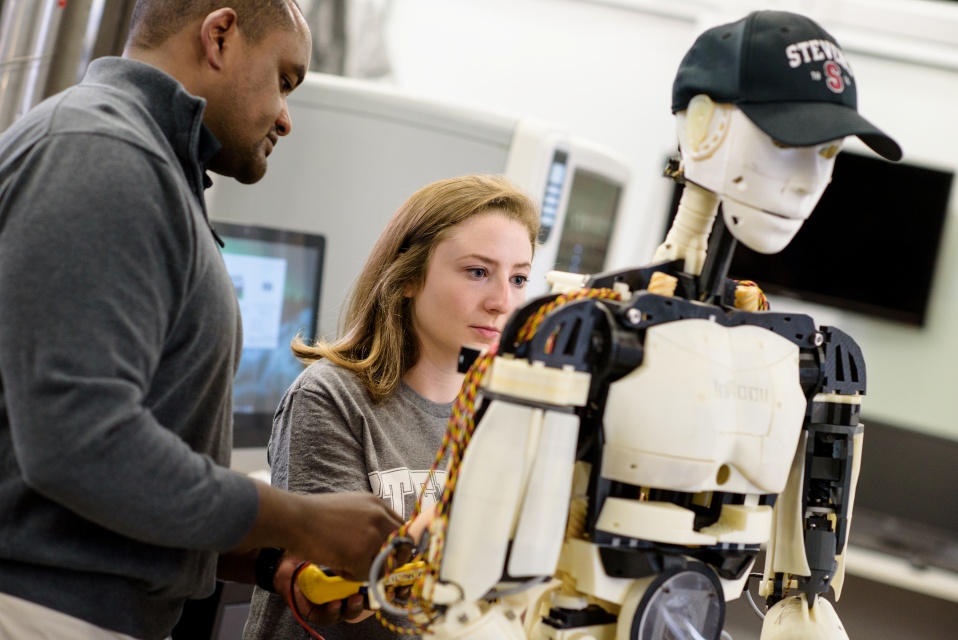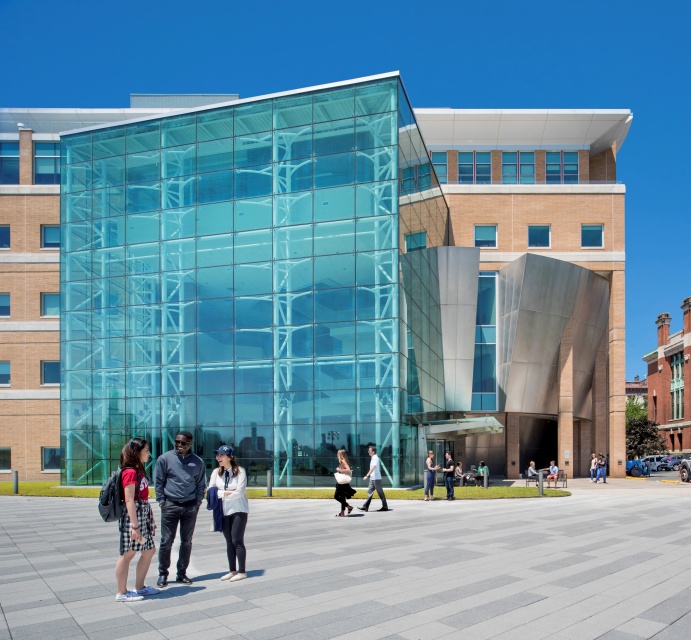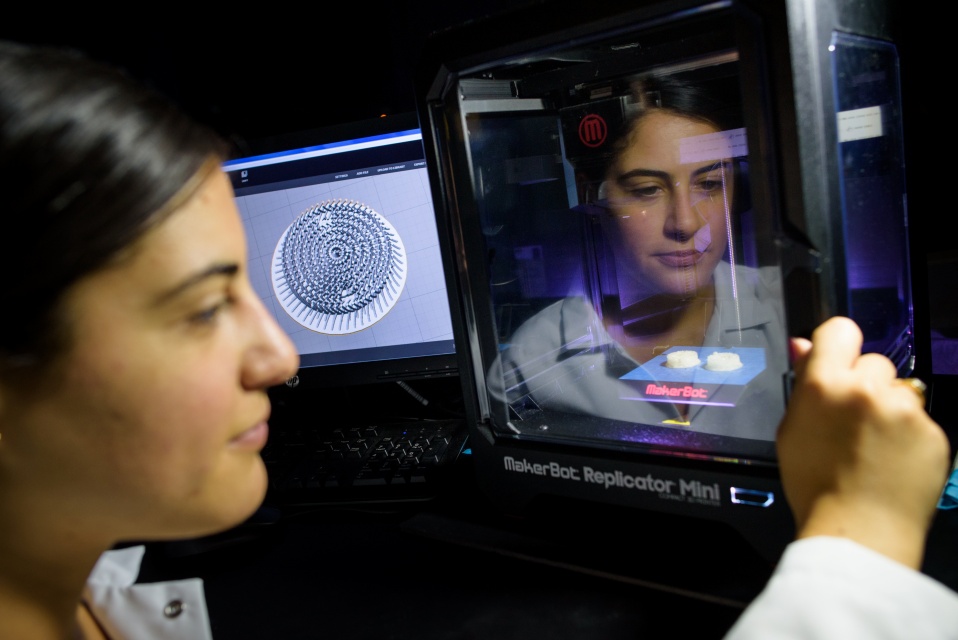Stevens Institute of Technology is a premier, technology-centric research university located in Hoboken, New Jersey, across the Hudson River from New York City, producing pathbreaking research that addresses global challenges in areas including artificial intelligence, cybersecurity, healthcare, finance, robotics, systems and sustainability. Stevens graduates consistently realize top ROI, earnings and career outcomes.

Established by “America’s first family of inventors,” the Stevens family, the university was associated with many of the key technical developments of the 19th century, including the first American steam locomotive and steam ferry, the T-rail — the predominant form of railroad track still in use today — and the creation of U.S. patent law.
Early Stevens graduate Frederick Winslow Taylor (Class of 1883) created the field known as scientific management, while his contemporary — master’s degree recipient Henry Gantt — invented the ubiquitous Gantt chart to assist with project management. ASME (the American Society of Mechanical Engineers) developed a close, lifelong association with the university, conducting a key organizational meeting on campus shortly after forming in 1880.

Faculty, students and graduates have continued that legacy of innovation ever since, devising a new process for synthesizing penicillin and inventing bubble wrap packaging material and remote-access IMAP email, among countless other innovations.
Stevens alumni co-founded Fortune 500 companies General Motors and Texas Instruments, while Stevens graduate Frederick Reines discovered the neutrino, confirming the Big Bang theory of the universe’s origin and receiving a Nobel Prize for those efforts.
Stevens graduate Aaron Cohen directed NASA’s Apollo lunar module program in support of early U.S. moon landings, later creating and directing America’s Space Shuttle program.
Today the university continues to grow in size and impact. In 2019, Stevens added 34 new faculty and enrolled both the largest undergraduate and largest Ph.D. classes in university history. Philanthropy is on the rise.
Leading-edge research is conducted with the support and partnership of collaborators including Amazon, Google, Accenture, IBM, the National Institutes of Health, the National Science Foundation and the U.S. Department of Defense.
Stevens researchers conduct pioneering work on blockchain technology; develop artificial intelligence that can detect deception, signs of dementia, or financial fraud; and produce eye-opening new visualizations that inform Alzheimer’s disease treatment and concussion research.
In addition, the university’s labs and centers create world-class flood modeling and forecasting to assist communities preparing for a future of climate change; advance our understanding of cancer metastasis and treatment; develop new methods of detecting infections and monitoring fetal heartbeats; and demonstrate compact, secure quantum communications networks, among other projects.

Stevens continually and actively protects intellectual property and realizes commercialization opportunities, for example through a recent agreement to license Stevens-developed graphene sensing technology to a biotech firm bringing novel wearable devices for diabetes patients to market.
Entrepreneurship training is woven into the university’s curriculum, while capstone team design projects build students’ real-world skills prior to entering the workplace.
Recruiters from some of the world’s leading firms — Amazon, Google, EY, Microsoft, Prudential and UBS, among others — regularly return to career fairs on campus or otherwise recruit at Stevens, selecting students for internships that typically lead to full-time position offers. Fully 96% of the university’s graduates attain their desired outcomes within six months of graduation.

Stevens also stands firmly committed to enhancing diversity in STEM education and career fields, creating a series of new programs and initiatives designed to increase access to technology education for students from underserved communities.
In a relatively short time, these programs have helped drive significant increases in the diversity of the university’s incoming first-year classes.
Stevens: A university on the rise.















